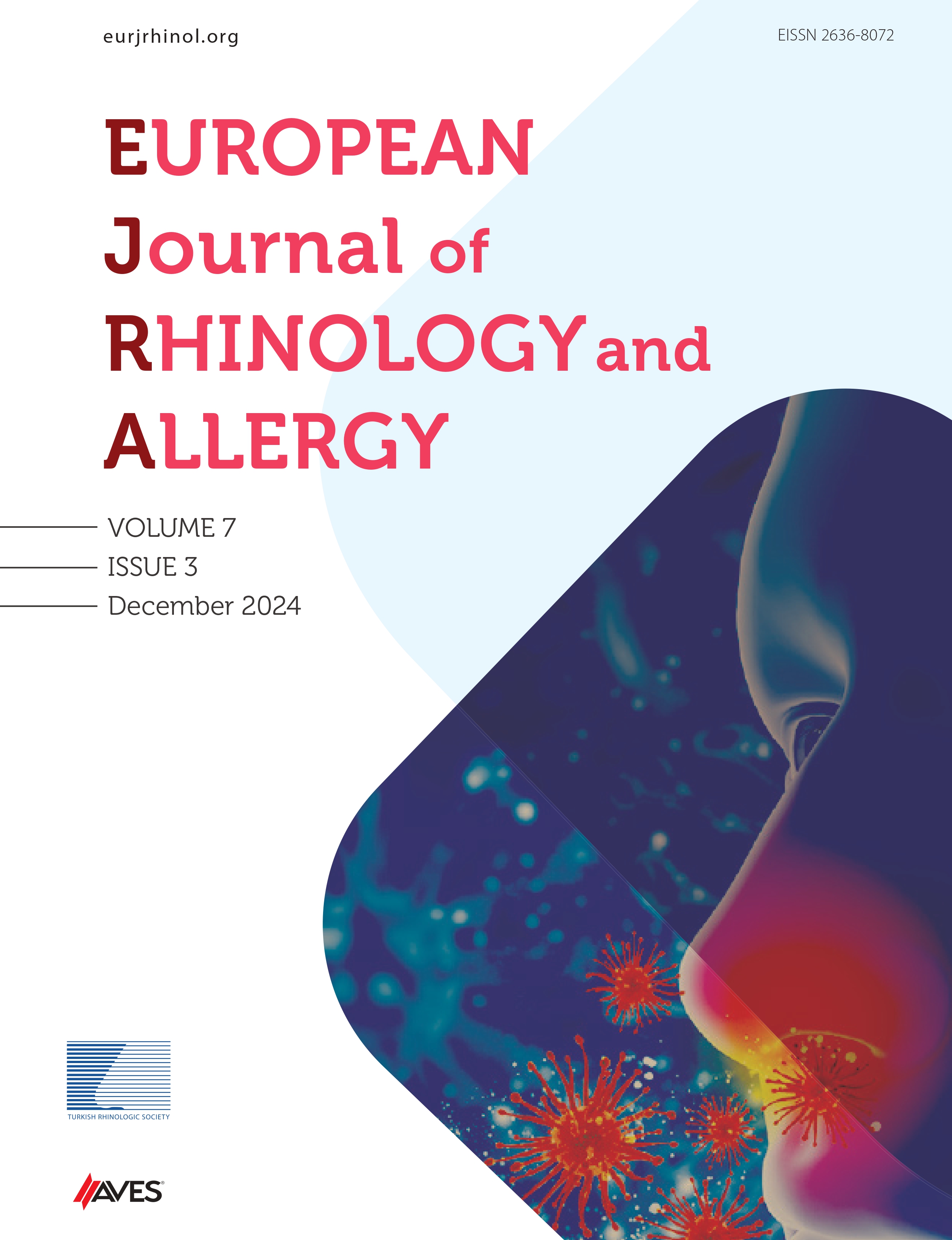Objective: Recalcitrant chronic rhinosinusitis (CRS) is a persistent inflammation of the sino-nasal mucosa despite appropriate medical therapy and sinus surgery. The aim of the present study was to demonstrate the effect of topical povidone-iodine (PVP-I) sinus rinses on modified Lund–Kennedy (MLK) endoscopic scores.
Material and Methods: Retrospective chart review of patients with recalcitrant CRS (n=69) previously prescribed 0.08% adjunctive PVP-I sino-nasal rinses to evaluate changes in MLK scores and in the 22-item Sino-Nasal Outcome Test (SNOT-22) and a prospective cohort study lasting 7 weeks (n=17) were used to investigate safety outcomes.
Results: Mean total MLK decreased by 2.01 points (p<0.05, n=69) and median MLK-discharge decreased by 1.50 points (p<0.05, n=69) retrospectively. When MLK-discharge improved, 71% also had a reduction in edema. When MLK-discharge did not change, 42% had a reduction in edema. The efficacy of PVP-I on total MLK score reduction was greatest by the first follow-up visit at a median of 46 days, with sustained benefit thereafter not limited by gender, baseline disease severity, CRS subtype, duration of PVP-I use, or by concurrent antibiotic or antifungal use. Subjective SNOT-22 scores significantly improved by a minimal clinically important difference factor of 2.9 (p=0.02, n=15). Median thyroid-stimulating hormone (TSH) levels changed non-significantly (p=0.1, n=15) within normal ranges prospectively. Median mucociliary clearance time changed non-significantly (p=0.53, n=17) within normal ranges.
Conclusion: Ancillary 0.08% PVP-I sino-nasal rinses appear to reduce the endoscopic signs of inflammation and patient-reported symptomatology, while minimally affecting thyroid and mucociliary function. A larger scale randomized controlled trial incorporating microbiology associations is required to corroborate these findings.
Cite this article as: Mullings W, Panchmatia R, Samoy K, Habib AR, Thamboo A, Al-Salman R, et al. Topical Povidone-Iodine as an Adjunctive Treatment for Recalcitrant Chronic Rhinosinusitis. Eur J Rhinol Allergy 2019; 2(2): 45-50.

.png)

.png)